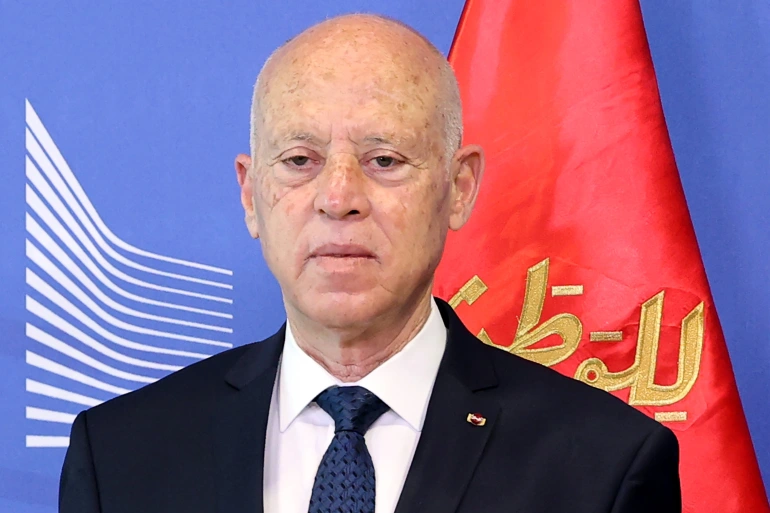Tunisia has launched a public consultation on reforms to be carried out in the country. A broad-based approach, which is part of a reform package championed by President Kais Saied, will contribute to the writing of a new constitution.
Tunisia has begun a broad-based national consultation process that will aid in the development of a new constitution, according to the country’s ministry of information and communication technology.
The exercise, which was part of a reform package pushed by President Kais Saied, who is aiming to strengthen his authority, asked individuals to submit comments through internet platforms between January 1 and March 20, and was open to everyone.
The constitutional referendum is set to take place on July 25, exactly one year after Saied fired the government, halted parliament, and seized broad powers from the opposition.
Many Tunisians originally applauded his attempt to consolidate power, citing their dissatisfaction with the numerous deadlocks that have plagued the country’s contentious legislature in recent years.
Later, the president began steps to rule by decree, and he promised in early December that he would continue to push for reforms in the democratic system.
The consultation, dubbed “Your opinion, our decision,” would initially target youth centres across the country’s 24 regions through an electronic platform, according to the ministry of information and communications technology.
“The platform will be available to everyone starting on January 15,” the statement continued.
Because only 45 percent of Tunisian houses are connected to the internet, citizens will be able to express their opinions in local committees as an alternative to participating online.
Critics have argued that the action underscores the president’s “populist” attitude, which he adopted after winning elections in 2019 by a landslide 73 percent of the vote.
Accusations of authoritarianism have been levelled.With his one-man crusade to reconstruct Tunisia’s crumbling political systems, Saied has drawn criticism for what some have called the establishment of an Arab Spring-style autocrat in the country that started it all.
A number of civil and human rights organisations have expressed concern over military trials of political opponents on allegations such as “insulting the president.”
According to the ruling party, Tunisian security forces detained a prominent official from the largest party in the country’s suspended parliament for the first time since President Kais Saied seized control of the country’s government in July.
According to the Ennahdha party, plainclothes agents apprehended and detained Noureddine Bhairi before transporting him away.
It described the arrest as a dangerous precedent that might herald the beginning of a slide into authoritarianism.
The interior ministry stated, without mentioning Bhairi or making any specific reference to any specific occurrence, that it had made decisions about home arrest as permissible under state of emergency rules necessary to maintain public safety.
The former president and Saied opponent Moncef Marzouki was sentenced to four years in prison on December 23 by a Tunisian court sitting in absentia, according to state media, for “assaulting” the security of the state.
